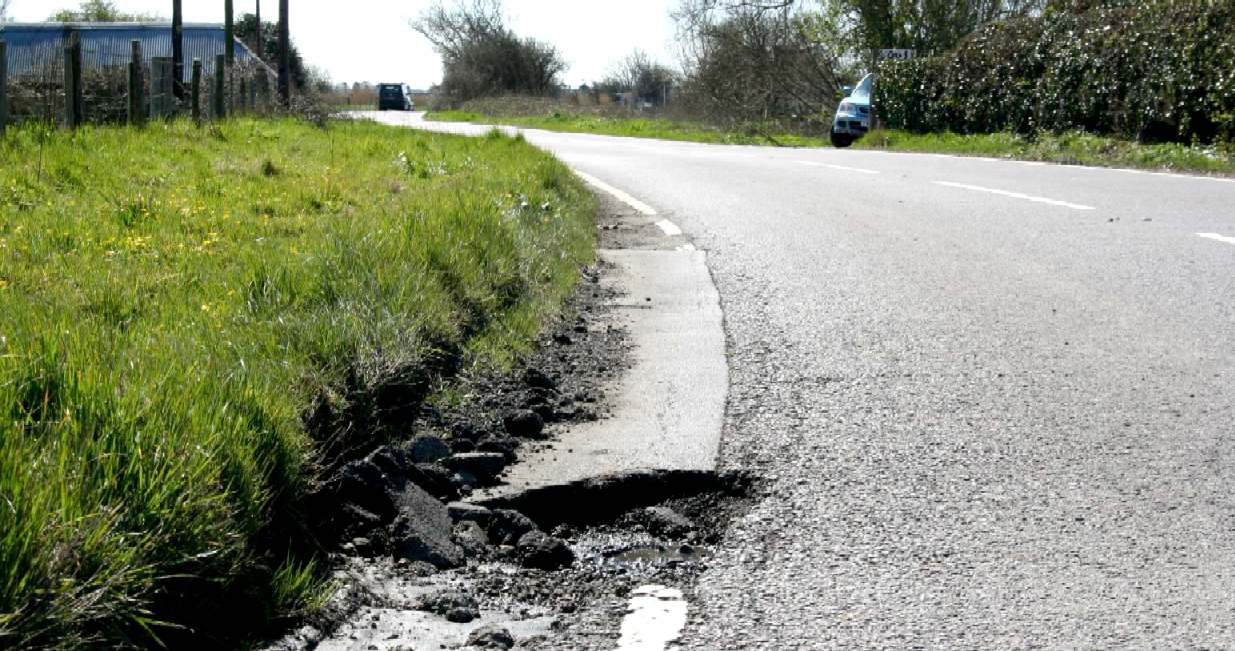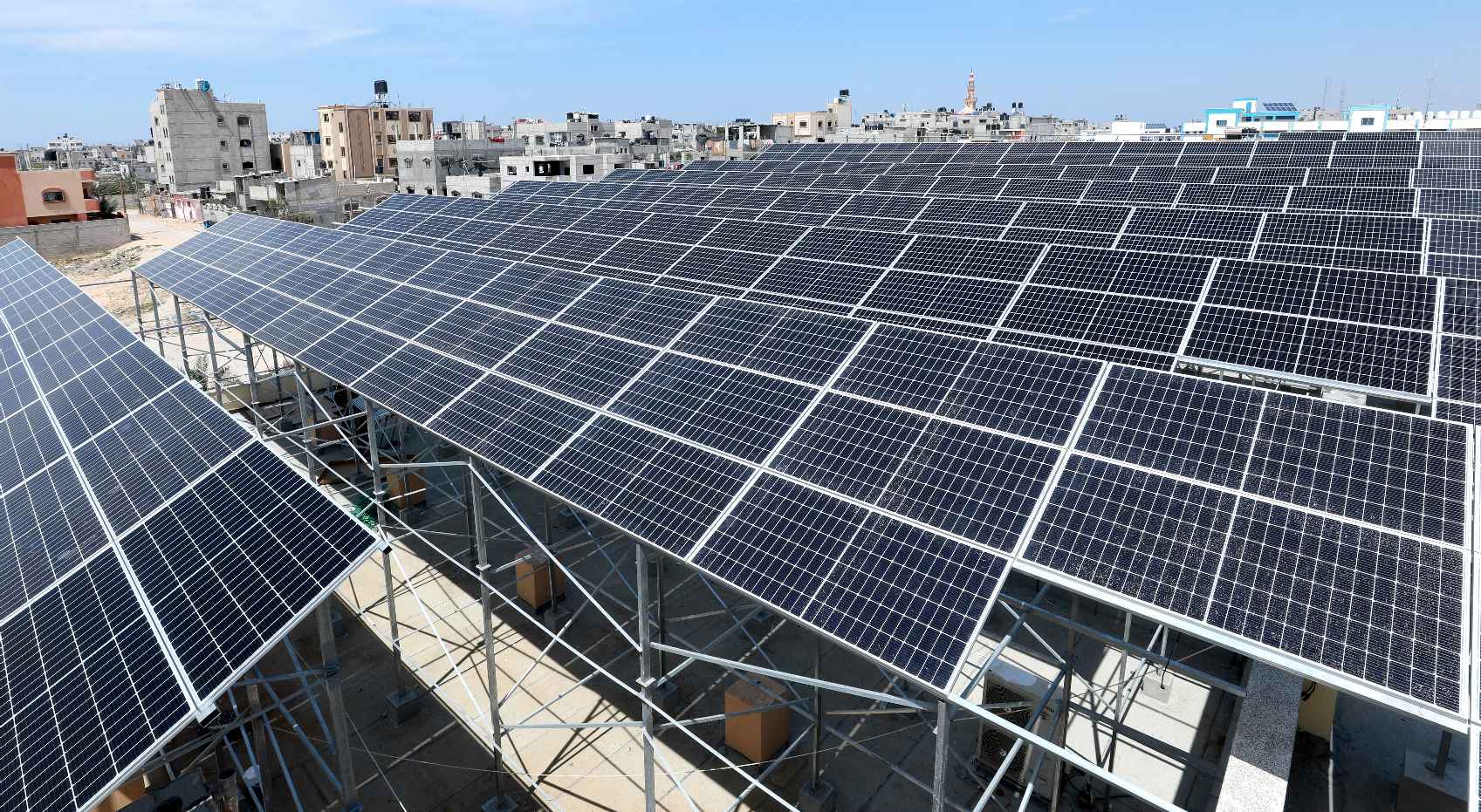|
INFRASTRUCTURE ACT 2015
Please use our A-Z INDEX to navigate this site
|
|||||||||||||||||||||||||||
LET DOWN - The voting public expect that when they pay for a service as basic as the provision of roads, that they will not be unfit for purpose and littered with potholes.
The Infrastructure Act 2015 is relatively silent in the naming. It is to do with roads and highways. You may notice how awful the roads are at the moment with potholes everywhere. Clearly, we are in big trouble, with a perceived lack of investment, despite the fact that roads are the lifeblood of industry and living.
In his 2020 budget Rishi Sunak announced an investment of £27 billion in Britainís roads, which includes the second round of Major Road Network and Large Local Major schemes proceeding to the next stage of development, plus a £2.5 billion fund to repair Britainís potholes, aiming to fill 50 million potholes and resurfacing roads over the next five years.
The government is investing £4.2 billion in the transport networks of eight city regions across England from 2022-23. Funding will be delivered through five-year, consolidated transport settlements.
It will provide £83 million of funding for local road maintenance in the South East through the Potholes Fund in 2020-21.
Transport and the ability to travel efficiently are basic needs in any country. The road fund licence is a tax that raises vast sums of money that is not being spent on roads or the necessary infrastructure to herald in the new age of electric motoring. Roughly 5% of this tax ends up being spent on roads. Talk about breach of contract and acts of bad faith. Not to mention the risk to life that dangerous roads present.
The Act makes it the duty of the Secretary of State to ensure that the .....
DANGEROUS - Main roads or country roads, it is all the same, life threatening potholes are everywhere, just waiting to catch out the unwary traveller.
DEPARTMENTAL
STRATEGY
There are big bucks at stake, winners and losers in the transport and housing segments - and finally economics to consider. These days they must be circular, or sustainable in the long term. Something that, historically, the Conservative Party have difficulty with, as per Margaret Thatcher's astonishing 'quick fixes.'
And
now we have Greta
Thunberg enlightening the voters of the future, demanding transparency
and truthfulness!
The Rt Hon...
SECRETARY OF STATE
The Secretary of State has overall responsibility for the ...
WHO JUNE 2019 - A newly installed solar power plant in the Gaza Strip, Occupied Palestinian Territory (OPT), will reduce Nasser Hospitalís reliance on donated fuel and, by providing life-saving interventions, help build resilience. This is according to the World Health Organization (WHO).
The Infrastructure Act 2015 is a wide-ranging piece of planning and infrastructure legislation passed by the Parliament of the United Kingdom during
David
Cameron's administration. The act targets "transport, energy provision, housing development and nationally significant infrastructure projects."
Sadly, it backfired, with councils such as Wealden taking this as an excuse to unleash consents for thousands of energy hungry units without climate change features - so becoming climate criminals, along with the developers they favoured - tearing up conservation policies in the free for all.
In addition to housing, key UK development and planning issues were addressed within the Act by efforts "to make provision about nationally significant infrastructure projects...to make provision about town and country planning...to make provision about the Homes and Communities Agency and Mayoral development corporations...to make provision for giving members of communities the right to buy stakes in local renewable electricity generation facilities".
SHOW US THE AFFORDABLE HOUSES - Wealden can't, because they have not built any. You won't get planning consent in this area of Sussex for low cost housing, because there is no profit in that. It's all about money and the Community Infrastructure Levy. There is no CIL on affordable housing. What these councillors want is lots of expensive houses to generate more rateable taxes that they can then pay to their overpaid planning officers, legal staff and executives.
In the quest to reduce global warming, and yet still provide energy for the world to be able to live, we face a difficult situation, with difficult choices for those with wealth and collections of fossil fuelled luxury cars, mansions and yachts. For the rest of us it is simple, freely available, clean, renewable energy and zero carbon transport, combined with energy self-sufficient housing.
CLIMATE CHANGE COP HISTORY
According to Power-Technology.com, a website that provides market and customer insights in this sector, they listed these power companies (according to the 2018 Forbes calculation of net market capitalization, assets, sales and profit) as the biggest utilities:
Duke Energy Corporation, DUK, N. Carolina, USA Dominion Energy Inc., Richmond, Virginia Exelon Corporation EXC, Chicago, USA KEPCO Korean Electric Power Corporation National Electric Grid & Central Electricity Authority (India) National Energy Board (Canada) National Grid plc (formerly Central Electricity Generating Board UK) Next
Era Energy Inc. Florida, USA Southern Company, Atlanta, Alabama, Georgia, Mississippi, USA State Grid Corporation of China TEPCO Tokyo Electric Power Company
SIX STEPS TOWARD A COOLER PLANET
1. TRANSPORT: Phase out polluting vehicles. Governments aim to end the sale of new petrol, and diesel vehicles by 2040 but have no feasible infrastructure plan to support such ambition. Marine transport can be carbon neutral with smaller container ships that are solar and wind powered.
2. RENEWABLES: Renewable energy should replace carbon-based fuels (coal, oil and gas) in our electricity, heating and transport.
3. HOUSING: On site micro or macro generation is the best option, starting with new build homes that are zero carbon, or energy neutral. We must make it illegal for councils to grant planning permission to any new houses that are not compliant. Local authorities are to blame for kleptocratic decision making - making them climate criminals.
4. AGRICULTURE: We need trees to absorb carbon emissions from a growing population, flying, and to build affordable new homes. Reducing food waste and promoting less energy intensive eating habits such as no meat Mondays.
5. INDUSTRY: Factories should be aiming for solar heating and onsite renewable energy generation.
6. POLITICS: - National governing bodies need to adopt rules to eliminate administrative wastages, to include scaling down spending on war machines, increasing spend on educating the public and supporting sustainable social policies that mesh with other cultures. One way of pushing this agenda is total transparency in Governments and Courts as per United Nations SDG 16. This would tend to prevent corrupt politicians and civil servants from pursuing unlawful agendas.
CONTACTS
...
LINKS & REFERENCES
https://en.wikipedia.org/wiki/Infrastructure_Act_2015 http://www.legislation.gov.uk/ukpga/2015/7/contents/enacted http://www.legislation.gov.uk/ukpga/2015/7/section/15/enacted
|
|||||||||||||||||||||||||||
|
This website is provided on a free basis as a public information service. copyright © Climate Change Trust 2020. Solar Studios, BN271RF, United Kingdom.
|



